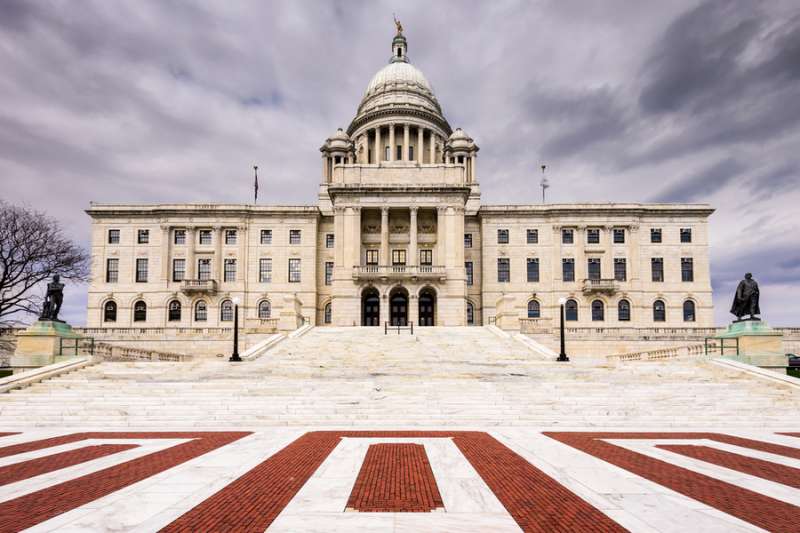Rhode Island Gov. Gina Raimondo signed the Reproductive Privacy Act on Wednesday. The act codifies the Supreme Court decision Roe v. Wade into state law.
The law permits unrestricted access to abortion at any time up to “fetal viability,” a disputed term with no fixed scientific meaning. Even after supposed viability, abortion will still be legal in cases where the life or health of the mother is at risk.
Raimondo, a Catholic, said when signing the bill that the abortion issue was a difficult one and that “there are good and principled people on both sides of the issue.”
“But in light of all the uncertainty in Washington, and frankly, around the country in many other states, there is a great deal of anxiety that … a woman’s right to access reproductive healthcare is in danger,” said Raimondo.
She described the bill as one that “preserves the status quo” in the Ocean State.
The population of Rhode Island has the highest percentage of Catholics of any state in the nation.
The Rhode Island Senate voted 21-17 to approve the bill. All five of the state’s Republican senators voted against it, together with 12 Democrats. In the Rhode Island House of Representatives, the vote was 45-29. In the House, one Republican voted in favor of the bill, and 21 Democrats voted against.
Sen. Sandra Cano (D-Pawtucket), a self-described “Catholic and pro-life” politician voted in favor of the bill.
During debate, Cano has said that she “believes that life is sacred” and that her faith is “very important,” to her.
“However, I also believe that Roe v. Wade is the law of the land and I can’t impose my faith on others,” said Cano, who is currently pregnant.
A statement from the Rhode Island Catholic Conference, published following the Senate vote on Wednesday, called the passage of the legislation “a sad day for Rhode Island, and a tragedy for thousands of defenseless unborn.”
“We applaud the 17 senators who, by voting no, exposed the truth that this is much more than a mere confirmation of the status quo. Rather, the surprisingly close vote reflects the degree to which legislators knew in their private thoughts that this bill significantly expands abortion in Rhode Island.”
The statement was signed by Rev. Bernard Healey, director of the conference, who added that the legislation was “deeply disappointing.”
Before Wednesday’s vote, Bishop Thomas Tobin of Providence said on Twitter that he was praying that members of the Rhode Island Senate would vote against the bill. After the bill was passed, he tweeted that, although he was disappointed, he had “sincere appreciation” for the state’s pro-life community.
“Your witness to the dignity of human life has been powerful, peaceful and prayerful,” tweeted Tobin. “God is pleased!”
Tobin also offered encouragement for the state’s pro-lifers in the face of shifting public opinion against unrestricted abortion, calling the law a “very temporary set-back.”
“We will continue to oppose the prevailing culture of death in our society and faithfully and joyfully proclaim the goodness and beauty of life! God bless you!”

